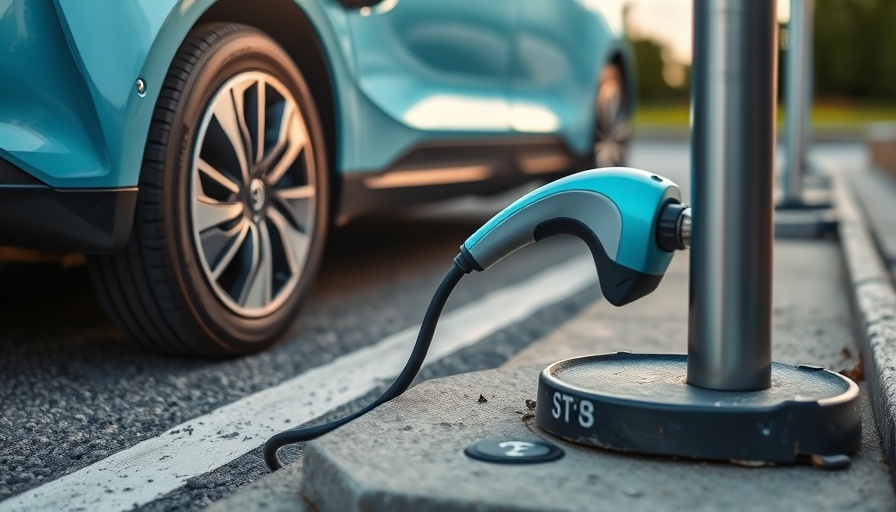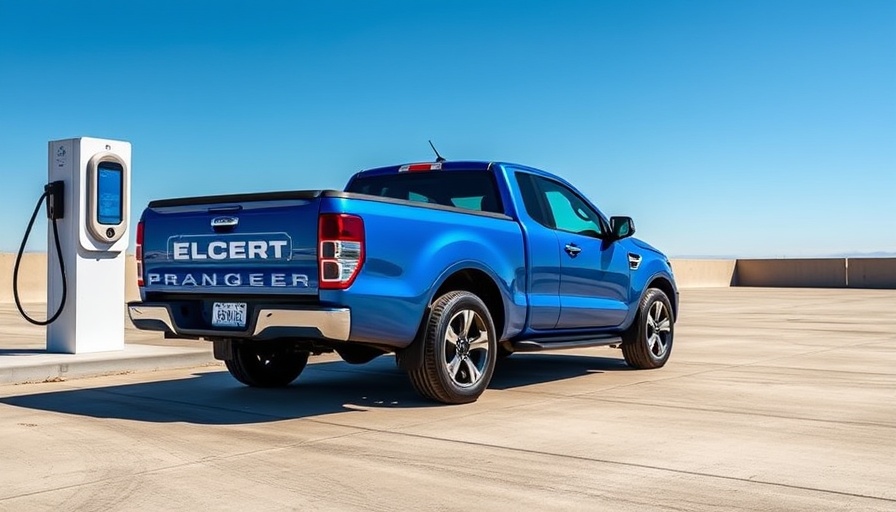
The Uncertain Future of EV Rebates in California
California has long been at the forefront of the electric vehicle (EV) revolution in the United States, promoting cleaner cars through various rebate programs. However, the potential elimination of federal EV tax incentives raises serious questions about the viability of these programs in the near future. With proposed legislation that could end key federal credits by mid-2025, California officials are preparing to respond proactively to this potential crisis.
What Happens If Federal Support Disappears?
The Senate is currently considering a bill that would dismantle the $7,500 federal tax credit for new EV purchases and the $4,000 credit for used EVs. This could drastically undermine consumer incentives and drive down EV sales across the nation. In response, California intends to maintain its commitment to EV adoption by proposing state-level rebates, focused particularly on underserved communities and low-income buyers.
Current Programs Available for Californians
Even though California's Clean Vehicle Rebate Project (CVRP) has closed its doors, several programs continue to support consumers interested in purchasing or leasing an EV. These include:
- Clean Cars 4 All (CC4A) & Driving Clean Assistance Program (DCAP): Up to $12,000 for eligible purchases or leases, plus $2,000 for home chargers, primarily available to low- to moderate-income households.
- Utility Rebates: Offered by PG&E and Southern California Edison, these provide $1,000 for used EV purchases and up to $4,000 for qualifying households.
- Home Charging Incentives: Rebates for the installation of Level 2 charging stations, available through local utility companies.
Moving Forward: What Consumers Need to Know
The volatility surrounding federal EV tax credits may leave potential EV buyers feeling uncertain. However, the market dynamics remain strong. Even if federal support wanes, many automakers are steadfastly investing in electric vehicle technologies and infrastructure—including charging stations. As Governor Gavin Newsom recently hinted, California may restore EV rebates through innovative financing options, such as cap-and-trade revenues, creating new avenues for consumer support.
Conclusion and Call to Action
As the future of EV incentives teeters, potential buyers should remain proactive. Those considering an EV purchase should capitalize on existing rebates while keeping an eye on new developments. Resources such as the Clean Vehicle Grants Project provide opportunities to save money, while DriveClean serves as the state’s go-to resource for non-combustion vehicles. Engaging in this conversation is crucial—not just for your pocketbook, but for the sustainable future of transportation.
 Add Row
Add Row  Add
Add 




Write A Comment